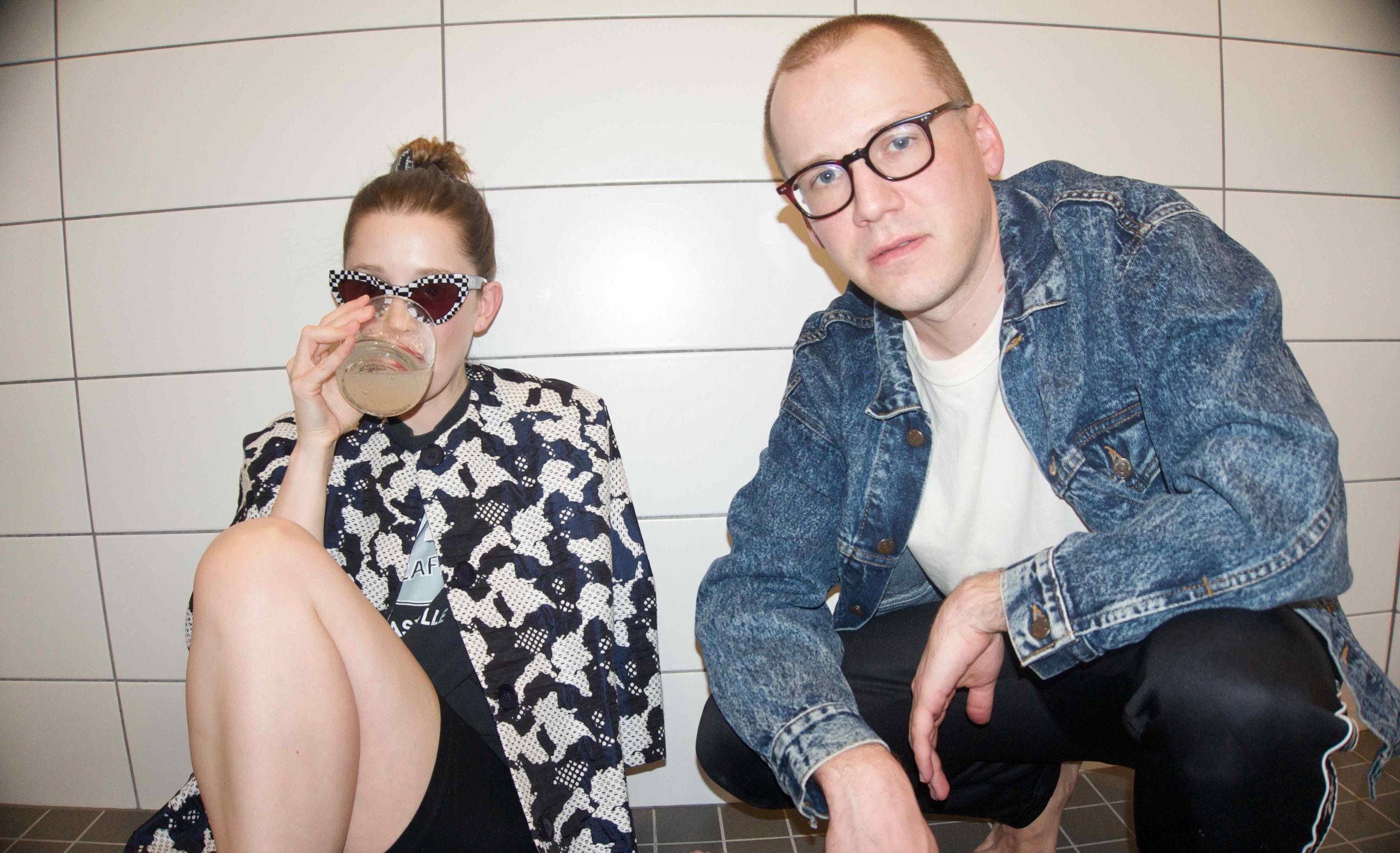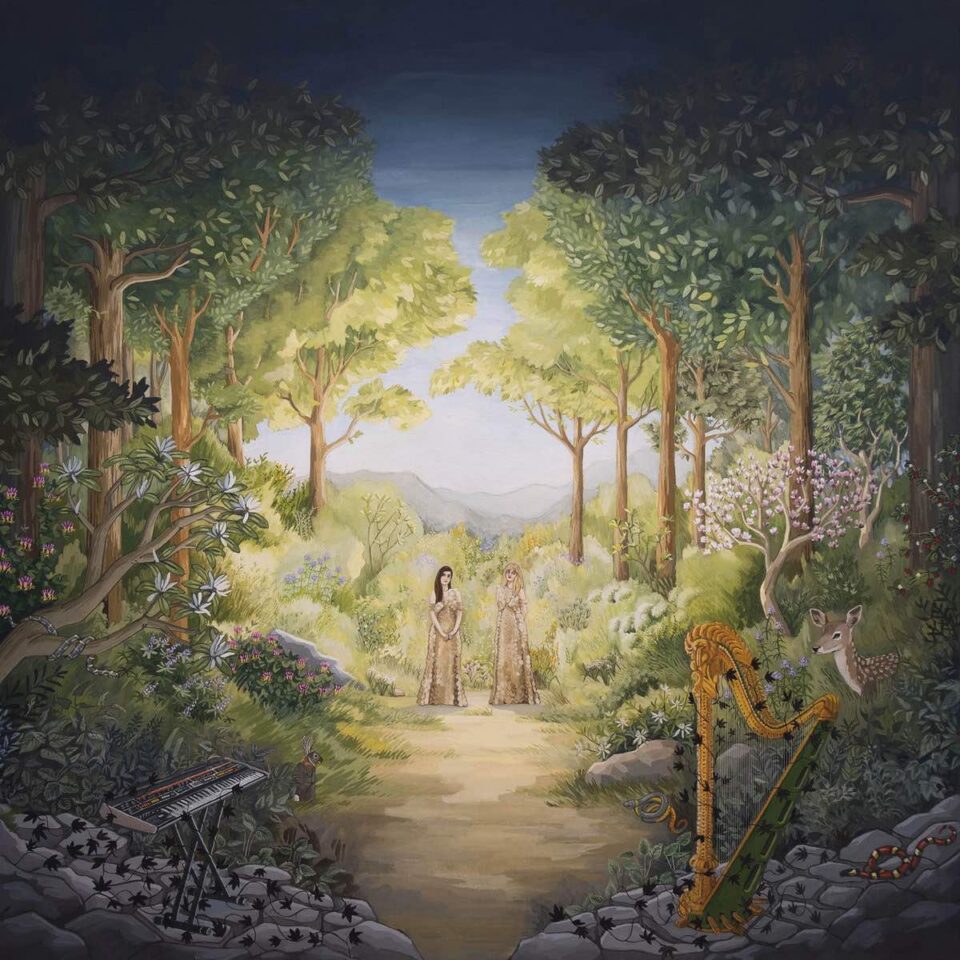In case you missed it, Mansions broke a prolonged silence at the end of May by announcing their first new music in three years—and their first full-length in seven. Now stripped to its core members Chris Browder and Robin Dove, the project has evolved into a minimal, atmospheric pop project, as suggested on Big Bad’s small-yet-rambunctious lead single “Black and White.”
Today the duo is following that track up with another, calmer cut called “PPV,” which stresses the scuzzy textures that underlie Browder’s prominent vocals. The reflective tone matches the song’s contemplative lyrics—which extend to the rest of Big Bad—winding the record down early in its second half. Stream the track below, and read on to hear what Browder had to say on the record and on Mansions’ present iteration.
You can pre-order Big Bad, out June 26 on Bad Timing Records, here.
Was there any one moment in your life that made you consider the intersection between past and future that you address in your press release?
That’s been less of a single turning point and more of a gradual slide. As you get older, the ratio between how much of your life is behind you versus ahead of you is always shifting, but it only shifts in one direction. You have to pay attention to that, because it’s going to catch up to you either way. And I think the way to do so is to constantly evaluate how you got here, respect it and appreciate it for what it is, but recognize that it doesn’t have to determine the future. That’s not as easy as it sounds, which means you can fall into the trap of trying to relive the past, or feeling stuck and unable to change, or being intoxicated by nostalgia. That struggle is what most of the songs on the album are about.
What did you find appealing about the new distortion-heavy (or “fuzzy,” as you call it) direction you went in when recording Big Bad?
For this record, we tried to take a step back from our usual tricks of fuzz and distortion. When there are “big” moments in these songs, it seemed much more interesting to try to do something other than come in with big drums and loud guitars. I think we’ve thought about doing that on past albums too, but it just didn’t make sense for the songs. So this time it felt really good to explore how to make something sound as big as it felt emotionally but with other tools, like synths, feedback, and atmosphere.
Has it been hard to keep a sense of cohesion to the band while swapping members? Does that matter to you?
The heart of the band has always been me and Robin, with me writing and doing the heavy demoing, then Robin being the filter/editor to help take it across the finish line. There have been other people involved over the years, and they’ve played a key part in live shows and some of the records. But the heart has always been me and Robin, and for this record it felt good to keep it to that more-singular perspective. That’s not to say that we won’t have other people involved in the future, but for these songs it just made sense.
You talk about the album’s “self-searching” lyrics—how did you go about recreating that feeling with the record’s music?
Musically we wanted it to feel hazy and dreamy and a little disorienting. We ran a lot of parts through cassette tapes and things like that to help contribute to that feeling, like you’ve somehow heard it before but don’t know where. There’s also a lot of natural spring reverb and room sounds, trying to keep things dusty and dirty in a non-computery way, while also trying to sound like a dream that couldn’t exist in the real world.
What’s the weirdest thing you’ve found yourself doing during quarantine?
The weirdest thing has been watching police respond to grievances about their violence and brutality with more violence and brutality. It’s also been weird (but in a good way, this time) that society seems potentially willing to imagine what a solution for public safety might look like if we were starting from scratch, rather than just tweaking what already exists. It’s a weird time to be alive, and somehow the quarantine aspect has become the least weird part of it.







